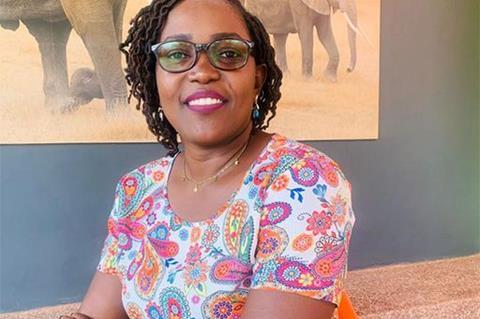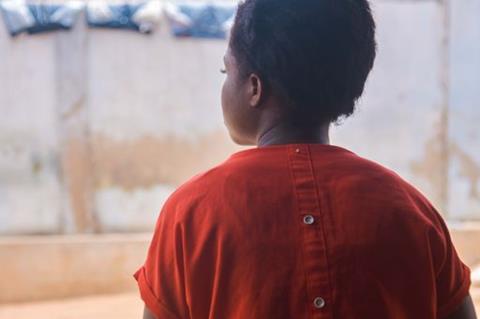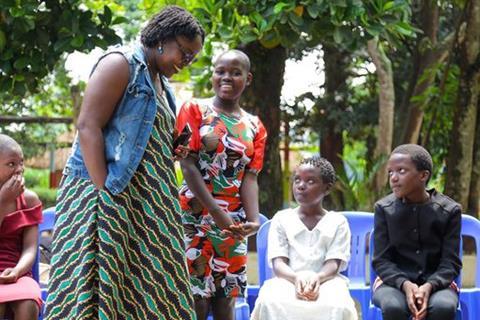Advertisement feature

Doreen was just six years old when her father was murdered, forcing her mother to move with her six children out of their comfortable home. “We lived in one room together, with no electricity or proper flooring,” says Doreen. “We became the poorest amongst the poor.”
The need for money excluded Doreen from school, which is a fee-paying system in Uganda. From the age of six, she was breaking rocks on the side of the road to sell to builders. “This was a very traumatic time for us. It felt like there was no hope for our family.”
The turning point for the family came when Doreen and her brother were sponsored to attend a project, thanks to their local church’s partnership with Compassion. “They showed us so much love. We didn’t just get educational support, we got medical care, mosquito nets for our home… and the chance to have fun,” recalls Doreen.
Like many of Compassion’s graduates, Doreen became determined to make a difference for others facing similar hardships caused by poverty. She trained as a social worker, and eventually opened a refuge for girls who’ve been trafficked or abused. Read more of Doreen’s story here.
Human trafficking isn’t just a problem in Uganda — throughout the world, traffickers abuse and exploit the rights of people in greatest need. They prey upon the vulnerable and harm societies, including our own, transporting people to be used for manual labour, domestic servitude or commercial sex acts against their will.

Human trafficking statistics
- $150 billion is generated annually by forced labour worldwide.[1]
- 28 million people are in situations of forced labour on any given day.
- 11.8 million of those in forced labour are women and girls.
- More than 3.3 million of those in forced labour are children.
- 22 million people are trapped in forced marriages.
- An estimated 6.3 million people are in situations of forced commercial sexual exploitation at any point in time. Nearly four out of every five people trapped in these situations are girls or women.[2]
Compassion’s child sponsorship programme helps protect children living in poverty where there is an increased risk of exploitation. Compassion works in close partnership with local churches, so staff and volunteers know each child they serve and understand their communities. They invest in every child relationally and come alongside their families to offer additional support where needed.

Compassion’s projects also support previously exploited children as they heal and recover through high-quality medical care, counselling and church-driven activities.
The end of July saw International Day Against Trafficking in Persons. This subject is so important that it can’t possibly be confined to one day or one country, and that’s why we’re asking for your ongoing prayers for victims of human trafficking, and for children living in poverty to be known, loved and protected.
_________
_________
[1] https://www.ilo.org/global/about-the-ilo/newsroom/news/WCMS_855019/lang–en/index.htm
[2] https://www.unodc.org/documents/data-and-analysis/tip/2021/GLOTiP_2020_15jan_web.pdf

























